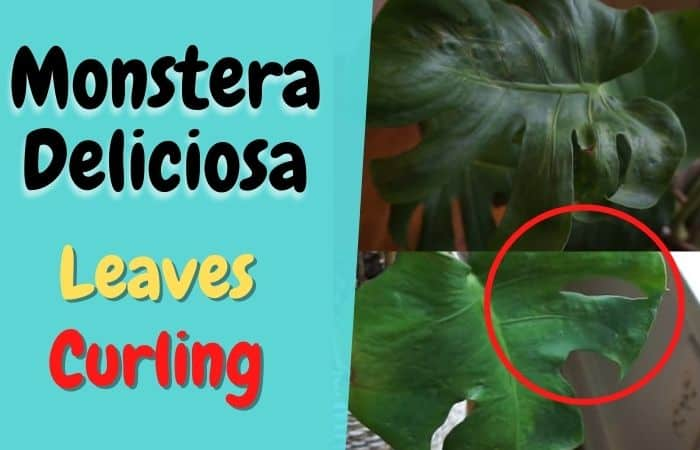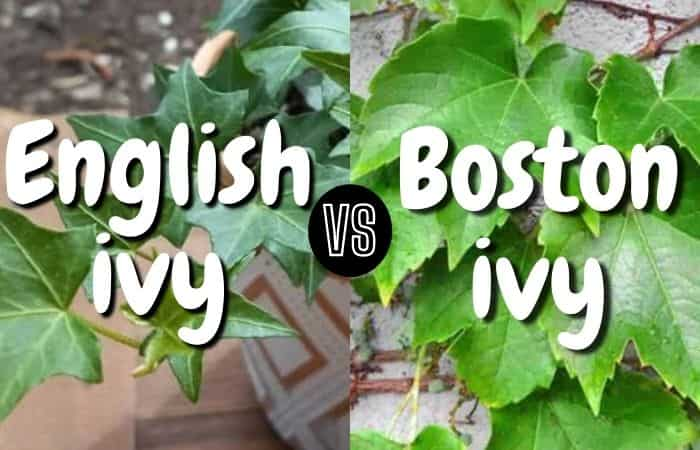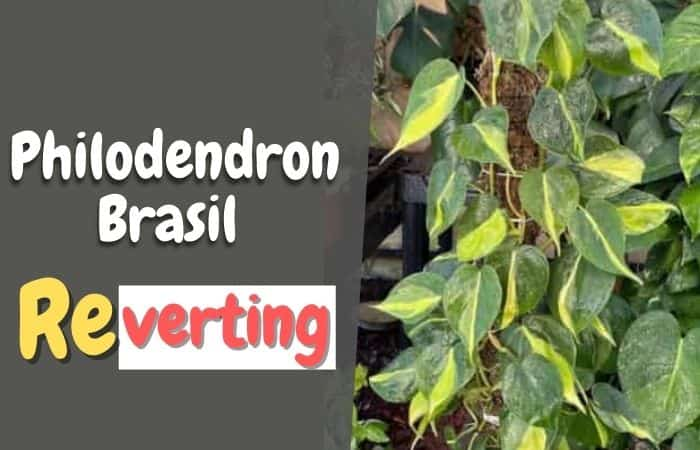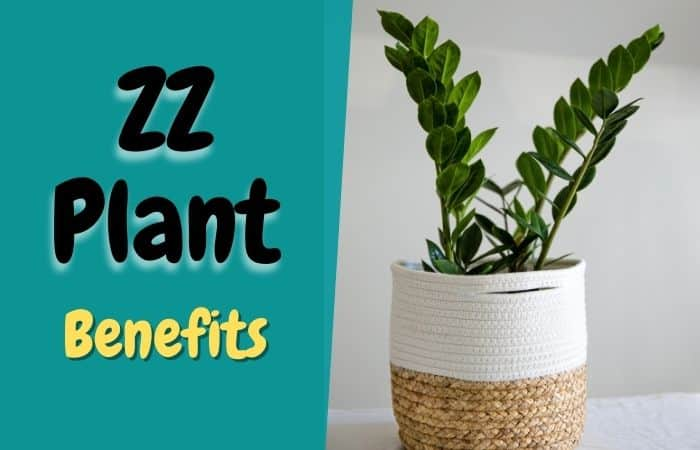Is jade a succulent? [or tropical!!]
A beautiful succulent-like jade is always at the top of the choice list of gardeners. But is it succulent?
Many gardeners ask this question. This is an important topic as activities or caring vary from plant to plant. Succulent-type plants need something different from the other plants.
Now let’s clear the doubt.
Jade plants are also considered succulents because of their fleshy leaves and their water storage capacity in those leaves. That’s why they can easily survive in the most extreme conditions. Even their hardiness has established themselves as a good choice of bonsai.
To relate jade with succulents, you need to know the entire characteristics of a jade plant.
Jade plant
The beautiful jade plant, also known as the money plant or lucky plant, is like a gem to houseplant lovers. The attraction of bonsai is always at a peak all over the world. That’s why the jade plant has some extra appeal to gardeners.
But how can you choose a perfect jade plant? You should know some characteristics about it. Then why don’t you check it out from the below part?
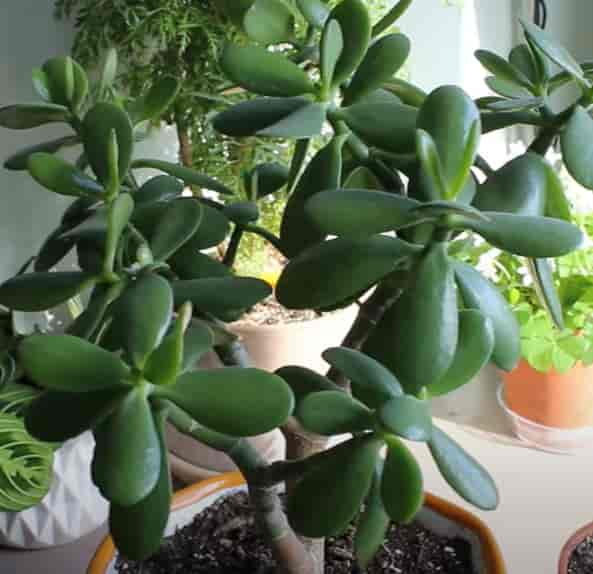
| Characteristics | Jade plant |
| Scientific name | Crassula ovata |
| Origin | South Africa |
| Family | Crassulaceae |
| Plant height | Around 2.5 meters |
| leaf shape | Obovate |
| Leaf color | Dark green or yellowish-green. Sometimes reddish colors are also seen on the edge of the leaves |
| Leaf size | 3-5 cm long leaves |
| Stem type | Thick |
| Leaf quality | The smooth and waxy surface |
| Flower | Small pink or white-colored flower |
| Used as | House plant |
| Aerial root | Present |
| Inflorescence | Terminal inflorescence- 5 cmInflorescence stem length- 15 to 18 mm |
These characteristics will direct you to the perfect jade plant.
Is a jade plant succulent?
Cacti or succulent? What do you think of jade plants? A jade plant is soft, shiny and fleshy. But it is hard from the inside to fight with any condition. Can you relate this type with your succulent imagination?
Let me assure you completely. Of course, jade plants are succulent. It can hold and store water in its leaves. The stored water can be used in adverse conditions for food preparation. That’s why jade is called a succulent.
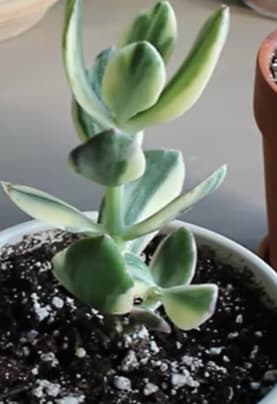
On the other hand, the jade plants can tolerate hard pruning. This is because of their special succulent characteristics as they can recover fast by using their stored materials.
Its body structure is formed thus so that the pretty leaves can both entertain and refresh you and be used for their internal maturity purpose.
How to care for a jade plant?
The main point of attraction of jade plants is their beautiful fleshy leaves. To keep your succulent perfectly, you should know the caring steps and should maintain them properly. They don’t need extreme levels of care. The followings are perfect for them-
Soil
Soil should be sandy loam for jade planting. Soil pH should be neutral to acidic, about 6 to 7. Soil should be enriched with nutrients and suitable for root establishment.
Watering
As I have mentioned earlier, a jade plant is succulent. Their leaves act as soil reservoirs for their future water storage. You have to keep a portion of 1-2 cm dry in the soil.
The drainage system should be well-established so that water cannot be excluded there. Keep the moist level minimum on the soil surface. But that doesn’t mean you will stop watering your plant. Provide water as required by judging the soil condition.
Humidity
Keep the humidity level near 50-70% for jade plants. Use a humidifier to check the humidity properly to realize the plant’s condition.
Sunlight
4 to 6 hours of direct sunlight is always needed for a jade plant. Along with that partial shady condition is also needed for several hours. But there should be indirect light.
Application of nutrient
The nutrient application should be minimum. Jade plants don’t require many nutrients. Excessive fertilization is more deteriorating than less fertilization.
Pest and diseases
Cotton-bud, spider mites etc. are common pests that attack jade plants. You can avoid those by spraying insecticides. Else, using neem oil, and baking soda solutions are also effective.
If your plant is attacked by fungi, bacteria, viruses etc. You should firstly remove those affected parts to save the rest of the plant. Then use fungicides.
Pruning
Pruning is an important factor in the case of jade plants as it is easy to be transformed into bonsai. In that case, pruning should be regular and appropriate so that it cannot affect the plant system and take a beautiful look.
Benefits of a jade plant
Jade plants have some extra benefits over other plants because of their succulent specialties. Why not you check them from below-
Best to maintain in busy days
Jade plants are ideal plants for those who don’t get much time to care for their plants but love to have them.
Adapting to an adverse situation
Whenever you are outside of the home, even for 3 to 4 days, you need not be tense for your plant. They can circulate their system with their activities.
In journey time
On the contrary, you can carry this plant in a small pot for days in any condition. It won’t bother you for daily requirements. They can adjust to any place.
Making bonsai
You can make beautiful bonsai to decorate your room and territory. As it is tolerant to hard pruning, you can easily grow it as a bonsai.
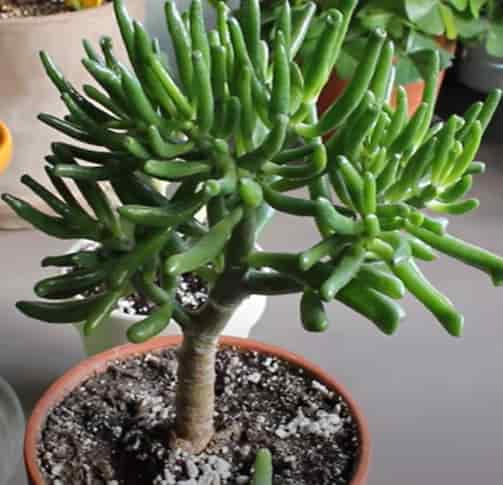
Easy to multiply
Jade plants are quite easy to propagate both in water and soil. You have to just take a cutting from a well-developed plant. Then place it in the nutrient-rich soil or a glass jar full of water. A new baby plant will arrive within 2-3 weeks.
Here is a video for your easy caring guide.
Final words
Well, we are at the endpoint of our discussion. Hopefully, you have got the point why we consider a jade plant a succulent. You can easily get this plant in your localities. Else, you can multiply them by propagating
If you are a garden-lover, you should have a jade plant in your collection. That will enrich your garden as a unique creature.
The time that you will spend with your jade plant will be an excellent experience for you.

![Alocasia black velvet leaves curling [5 effective solutions]](https://diaryforgardening.com/wp-content/uploads/2022/09/Alocasia-black-velvet-leaves-curling-.webp)
